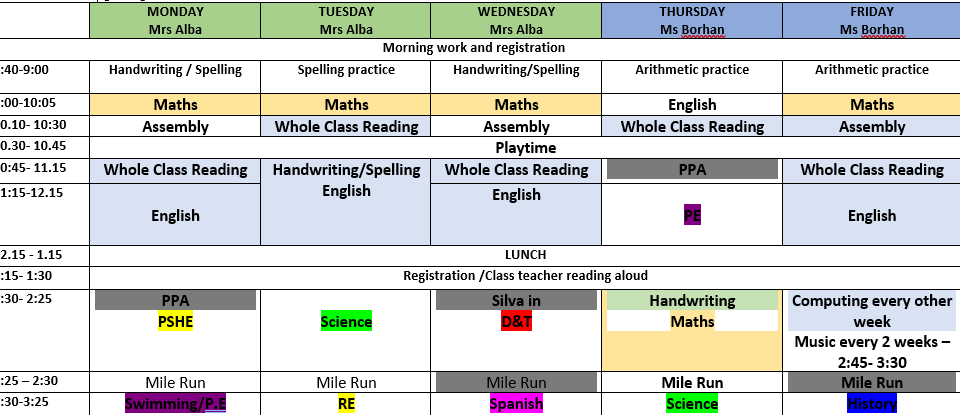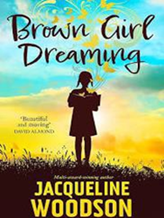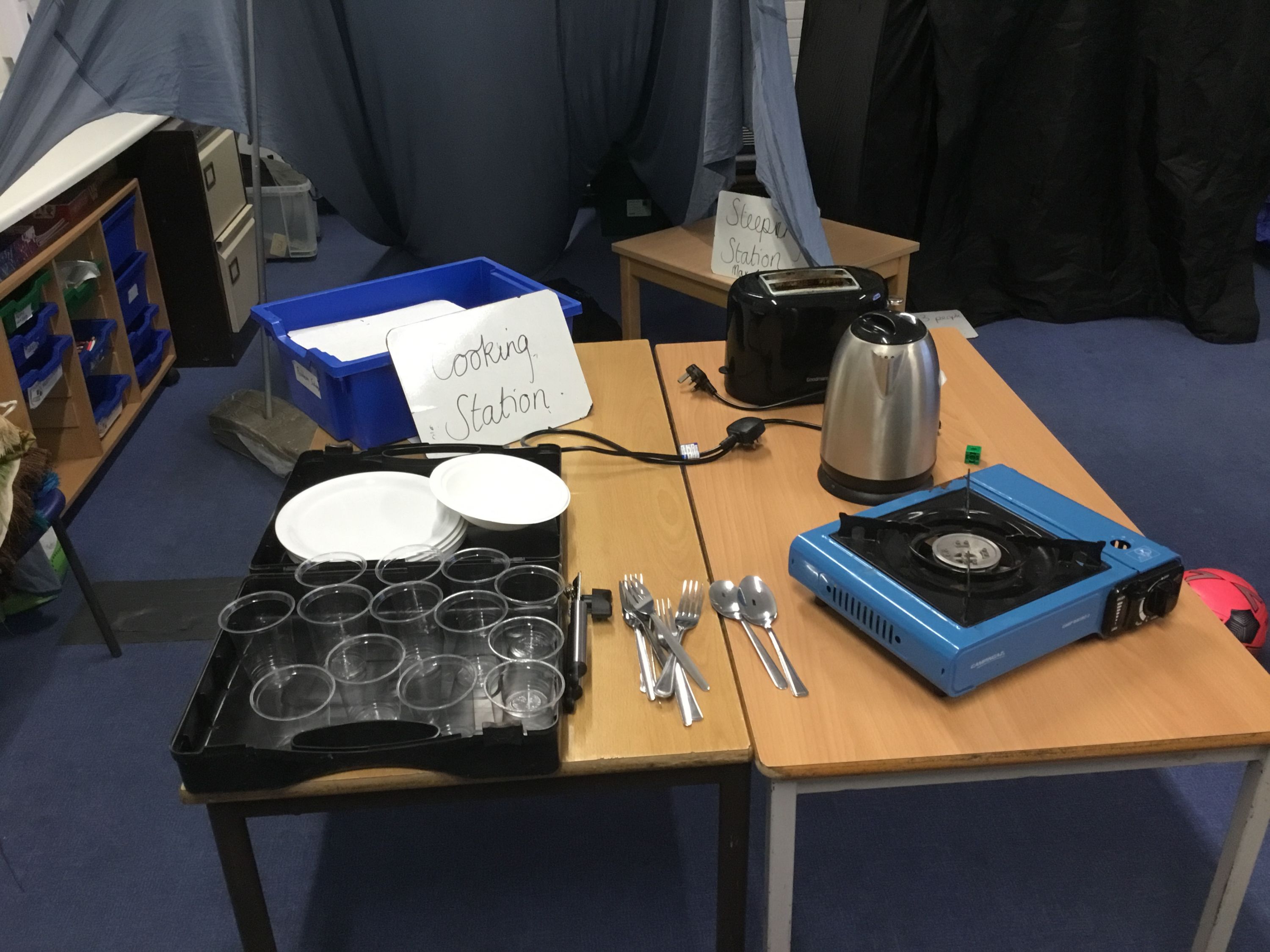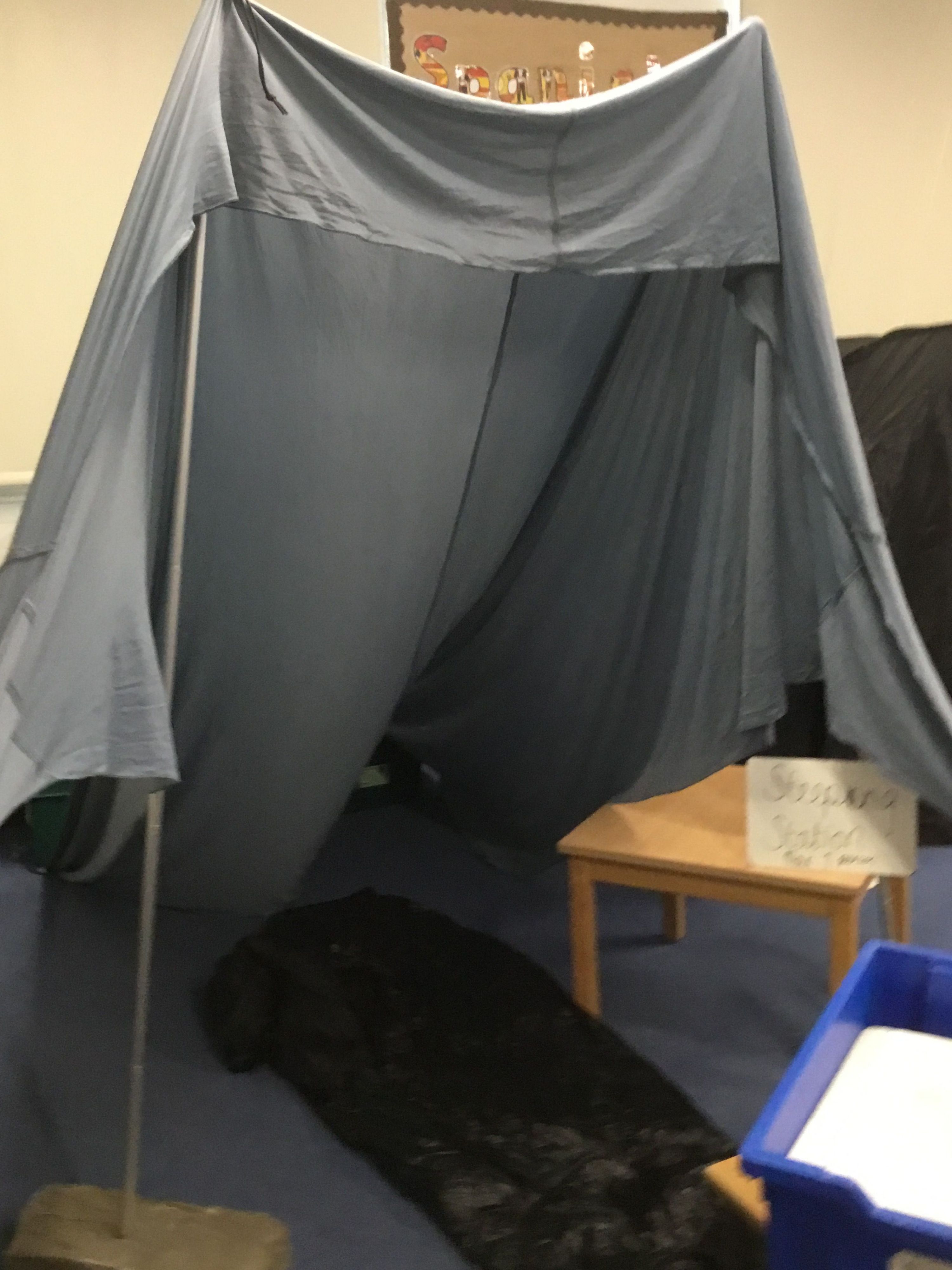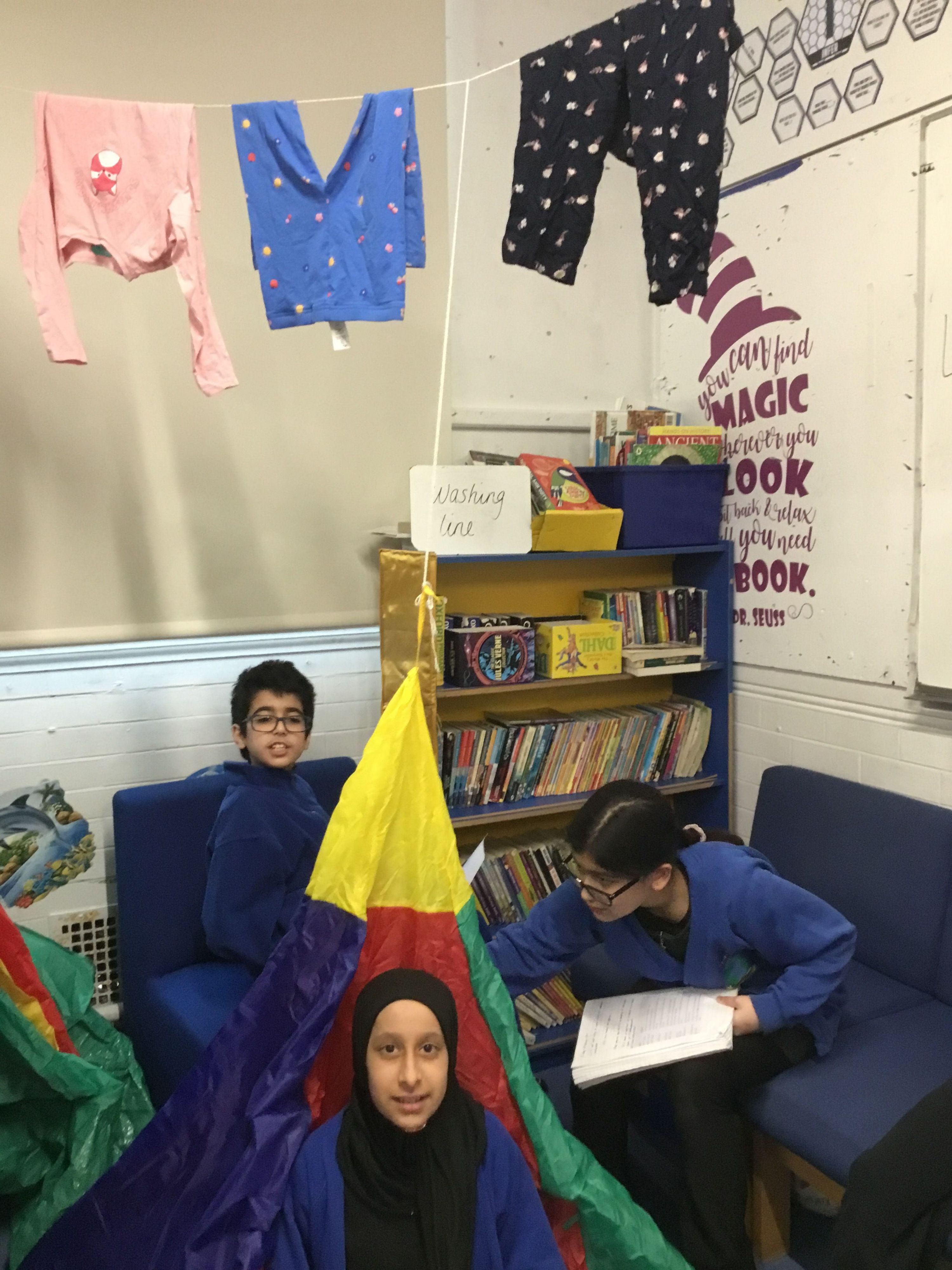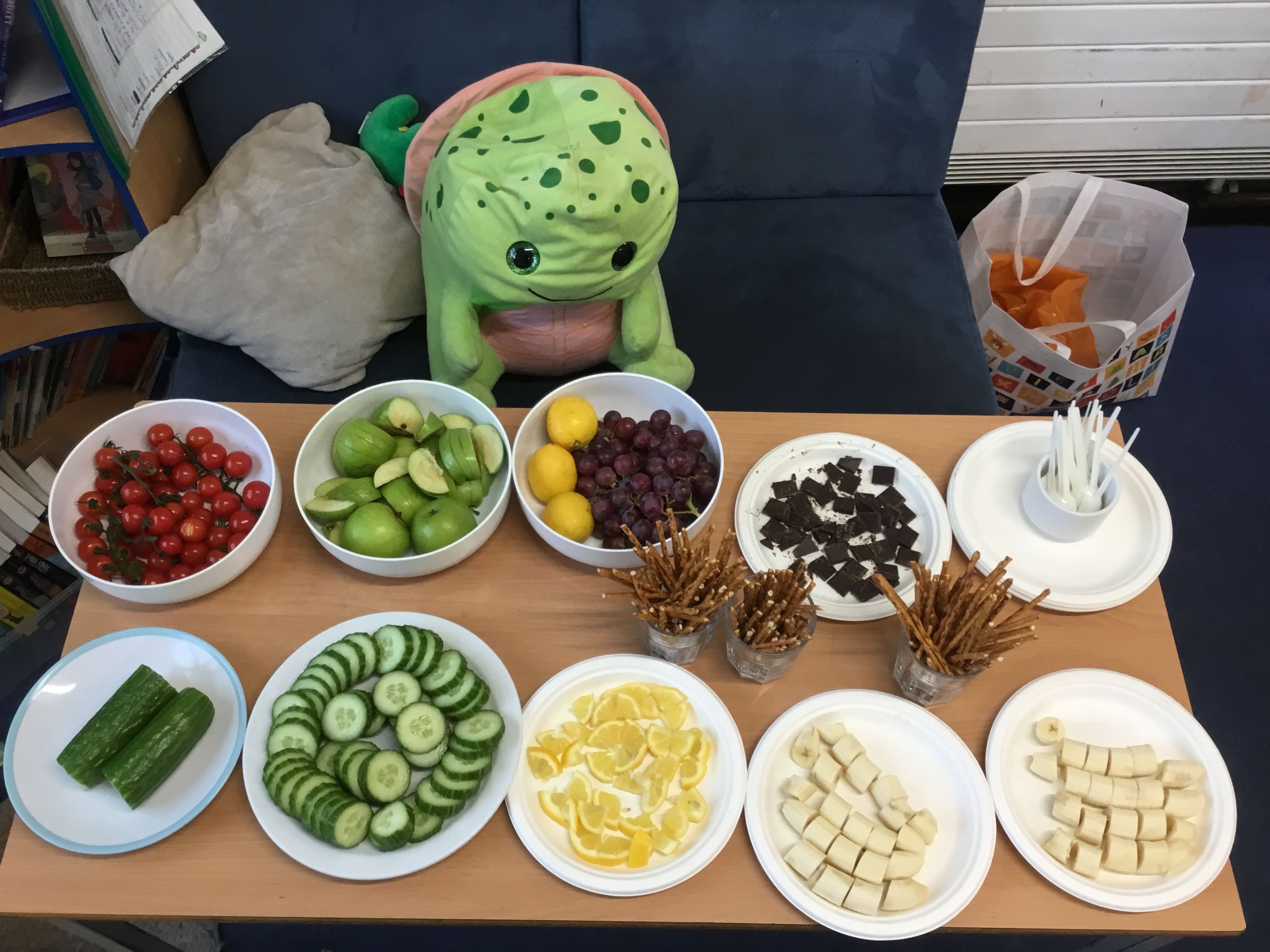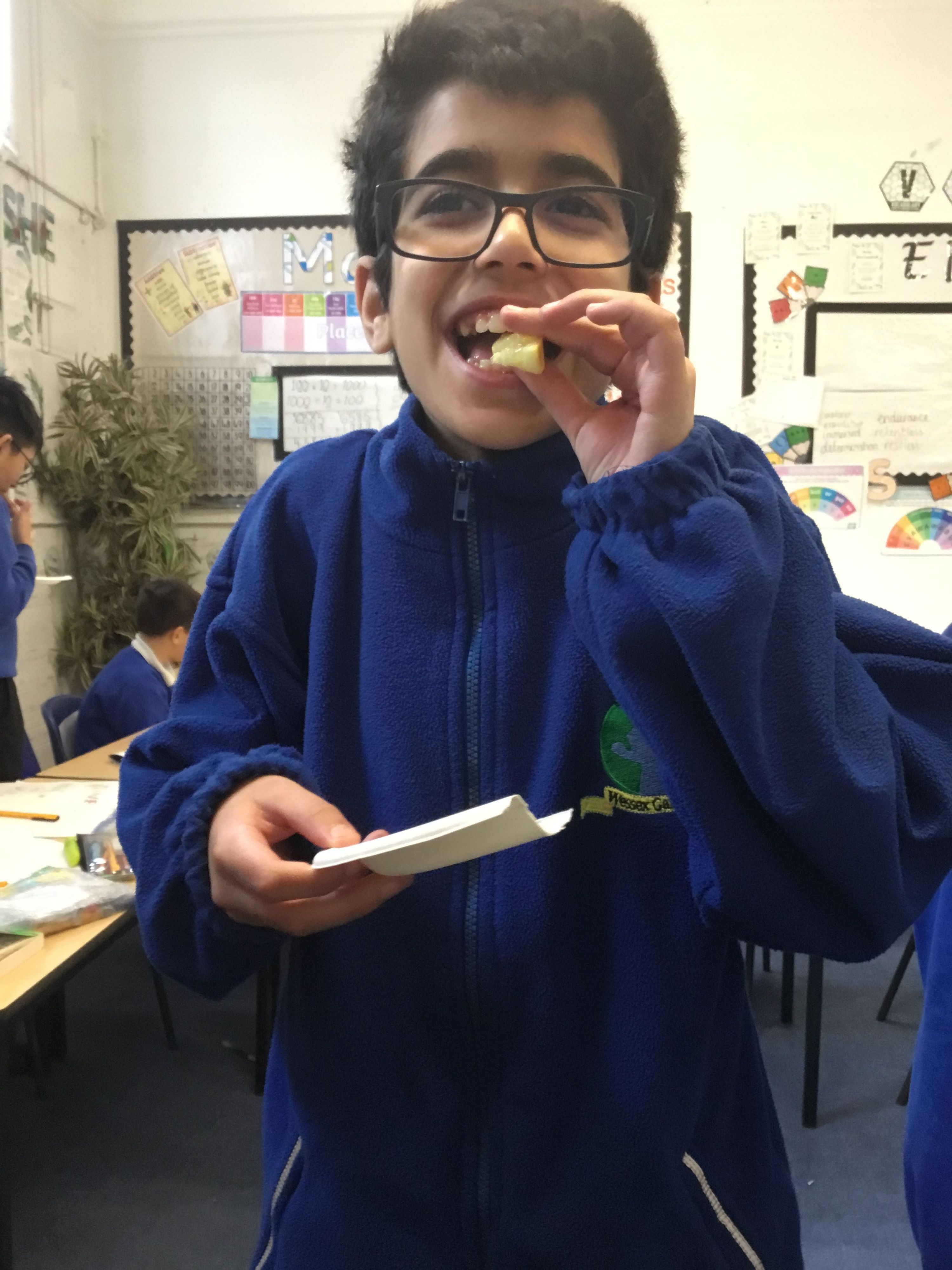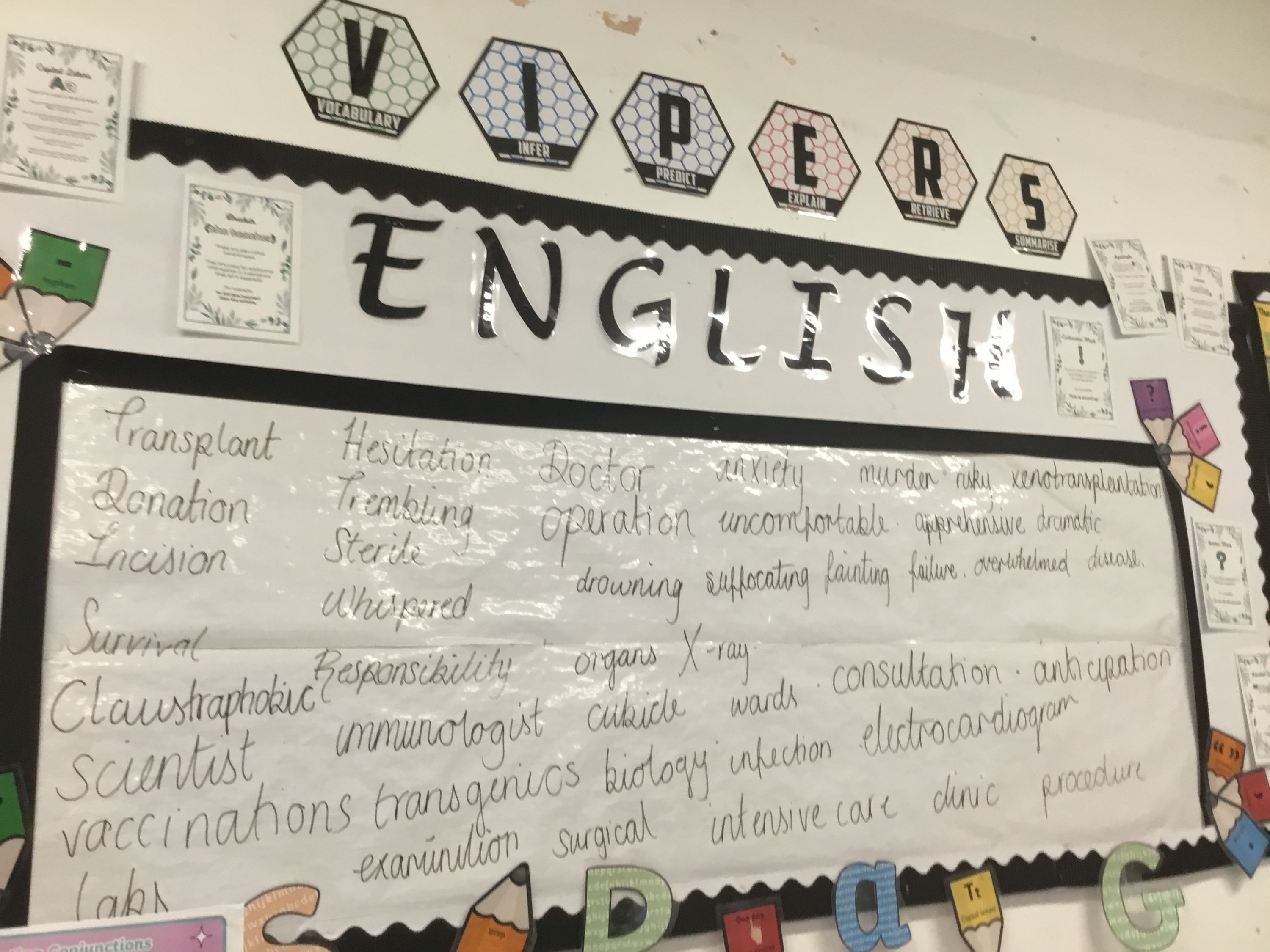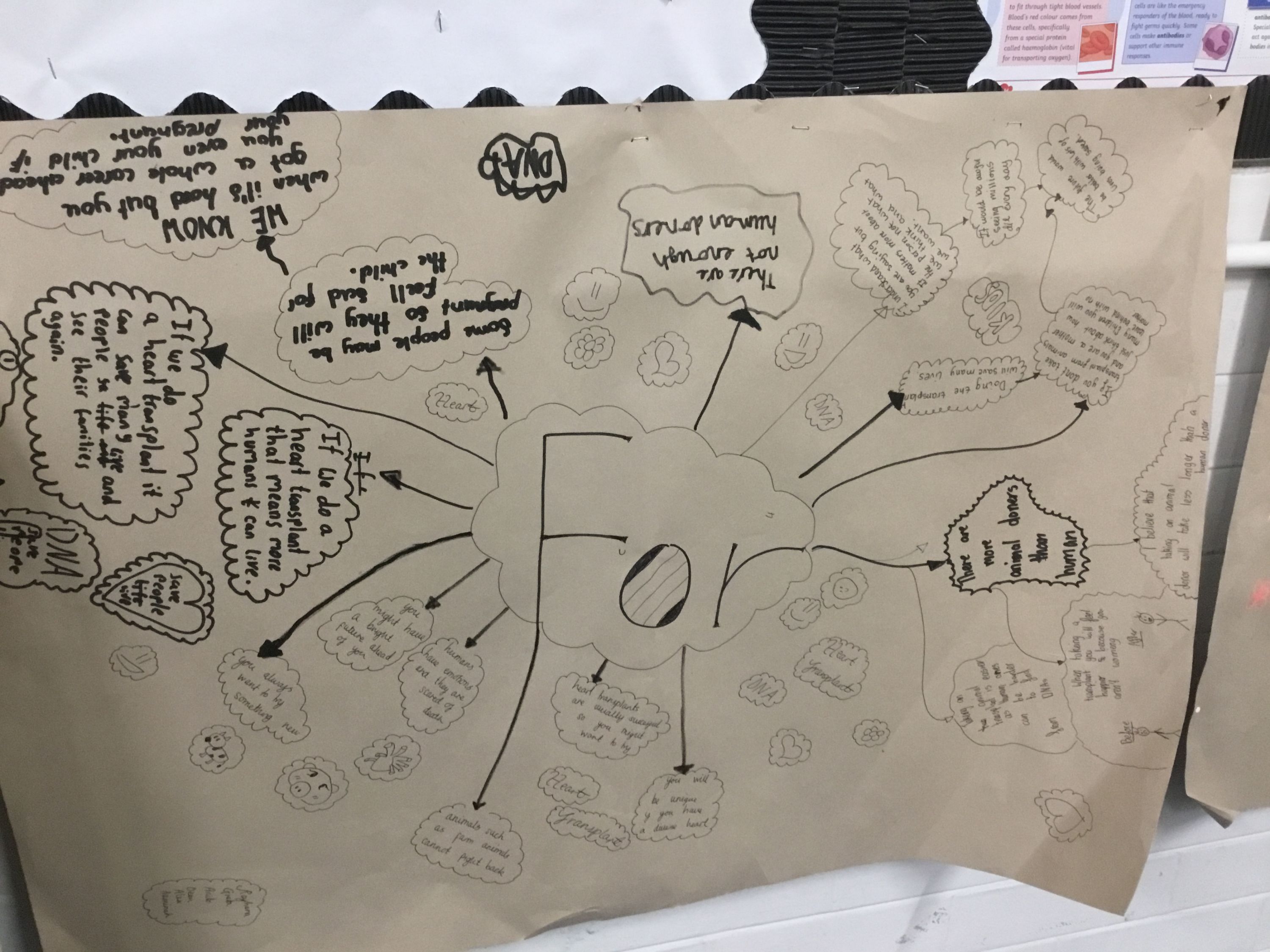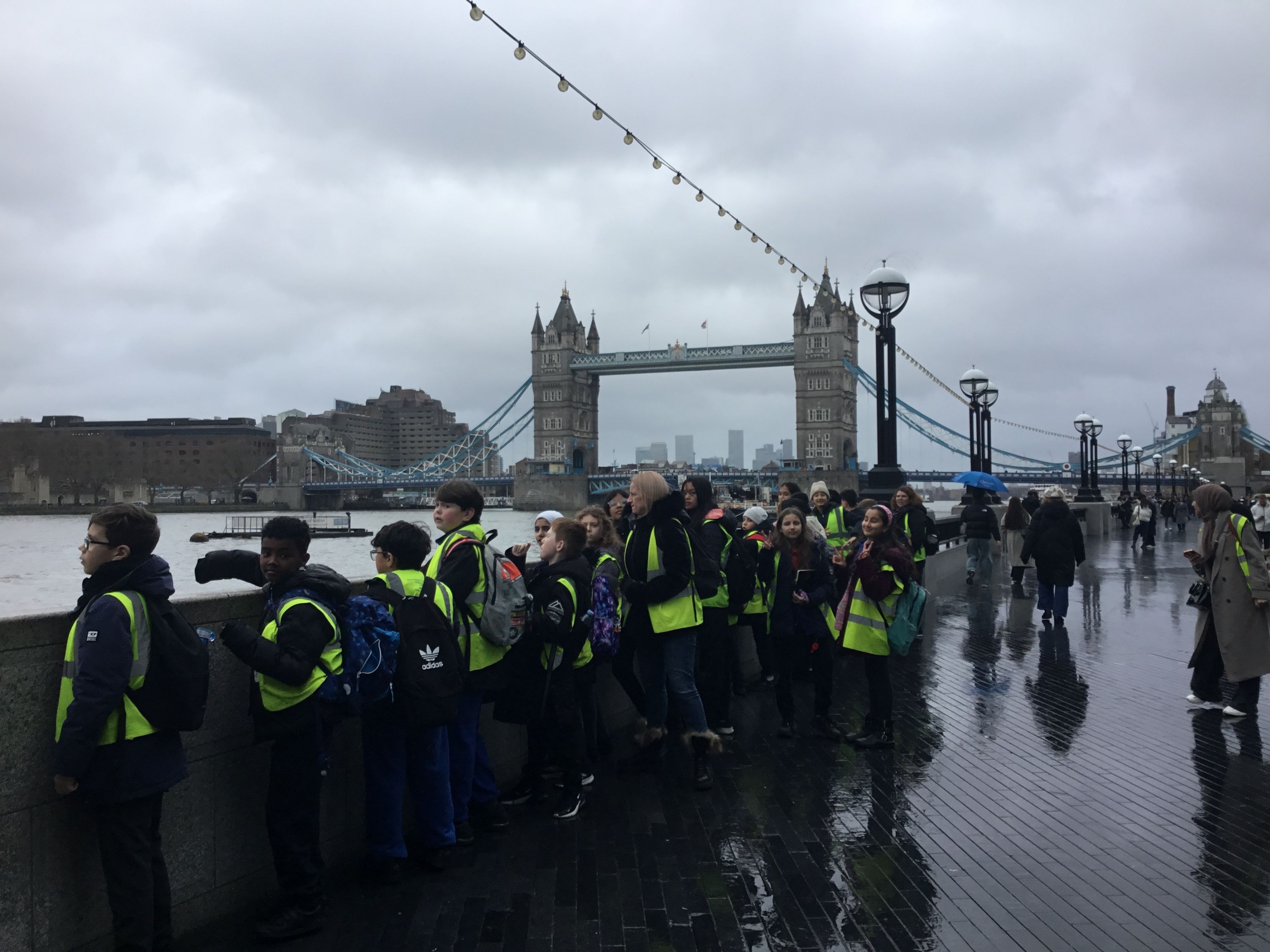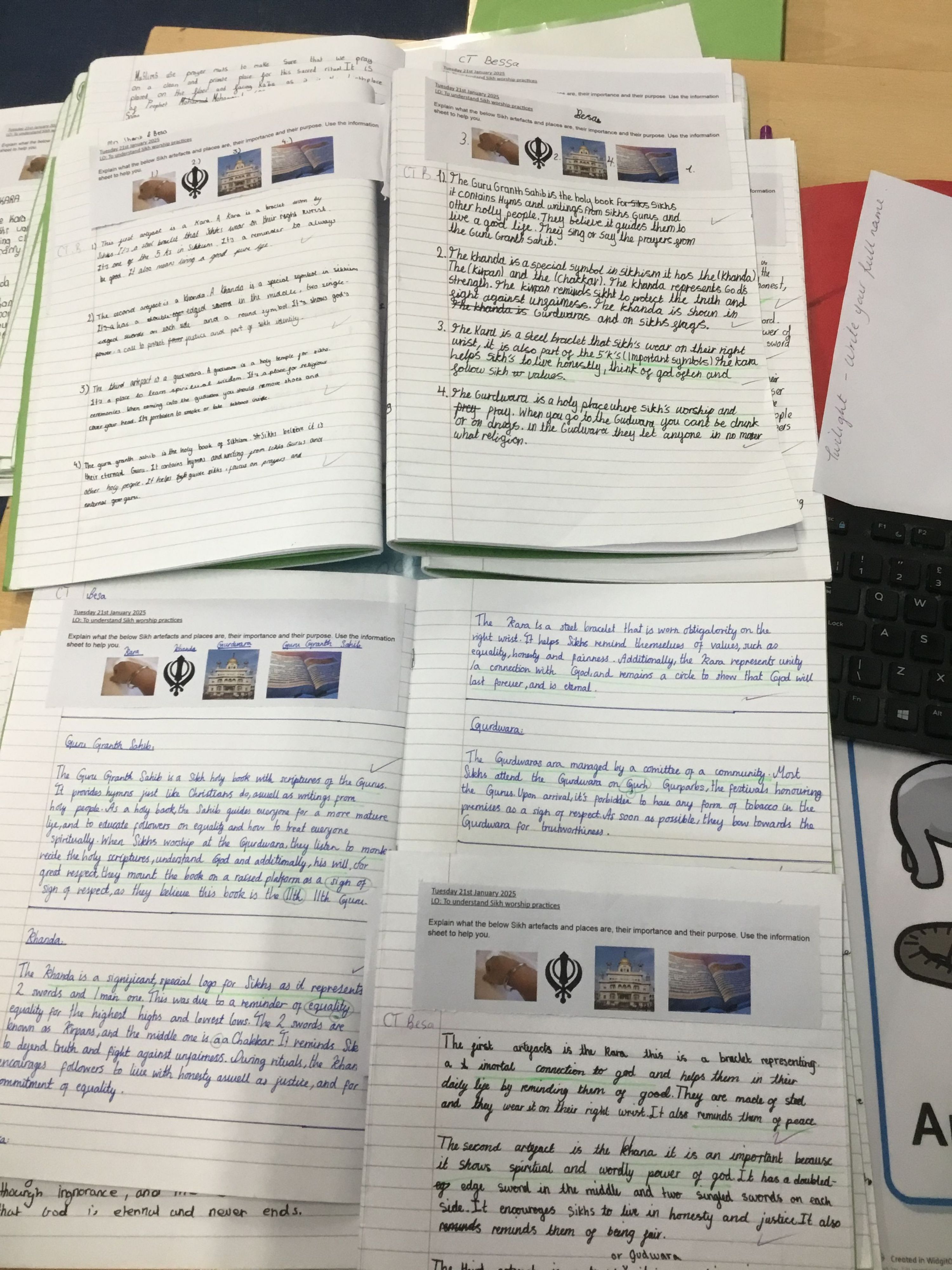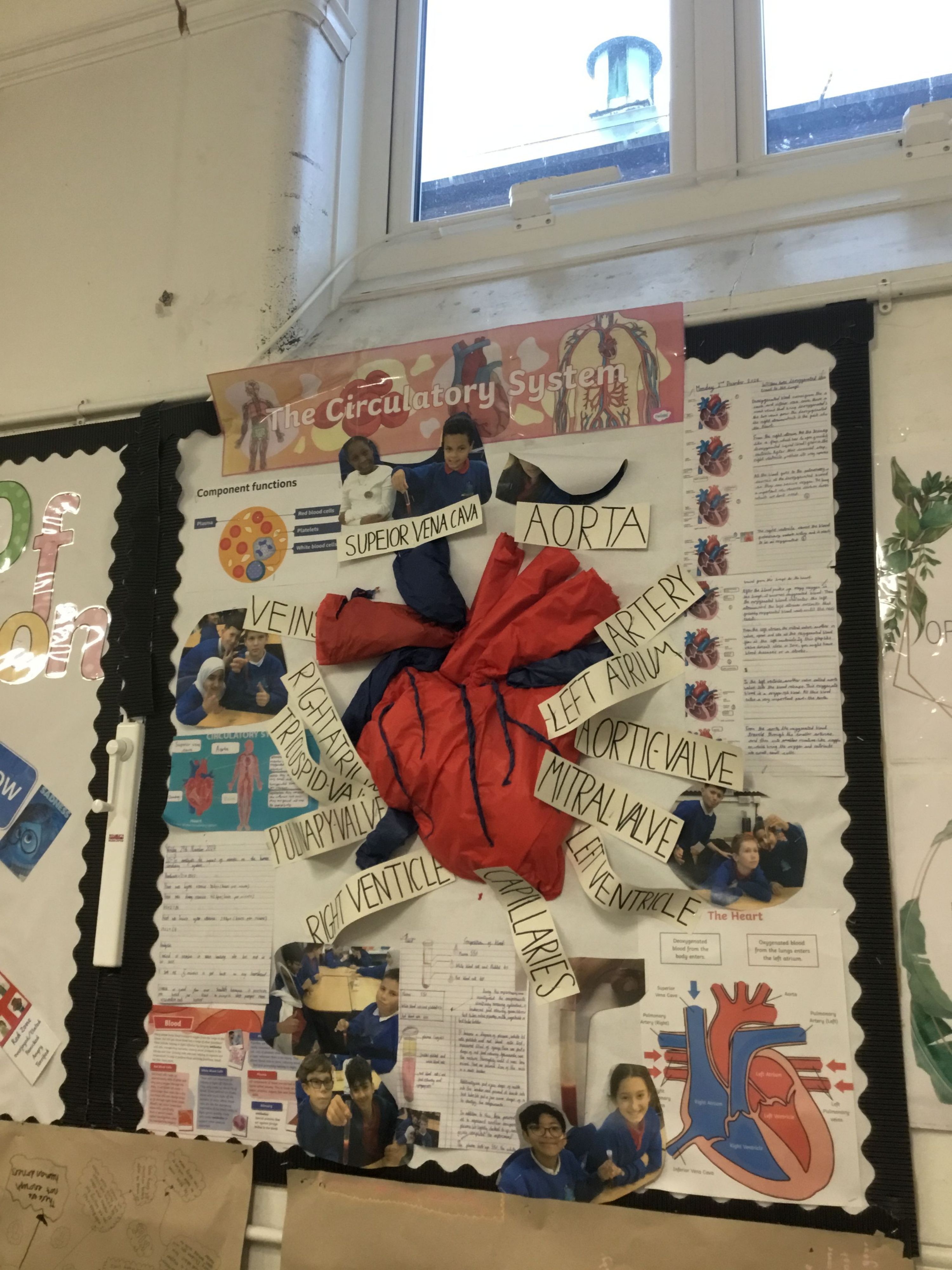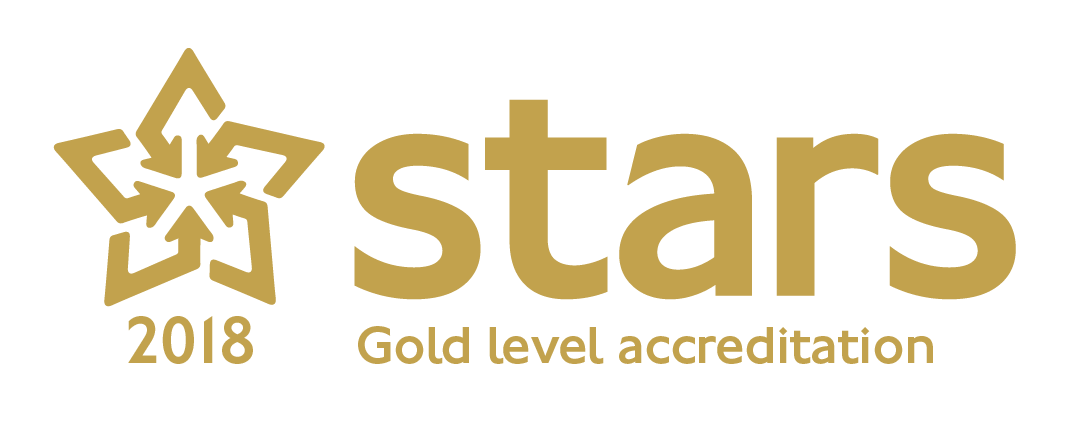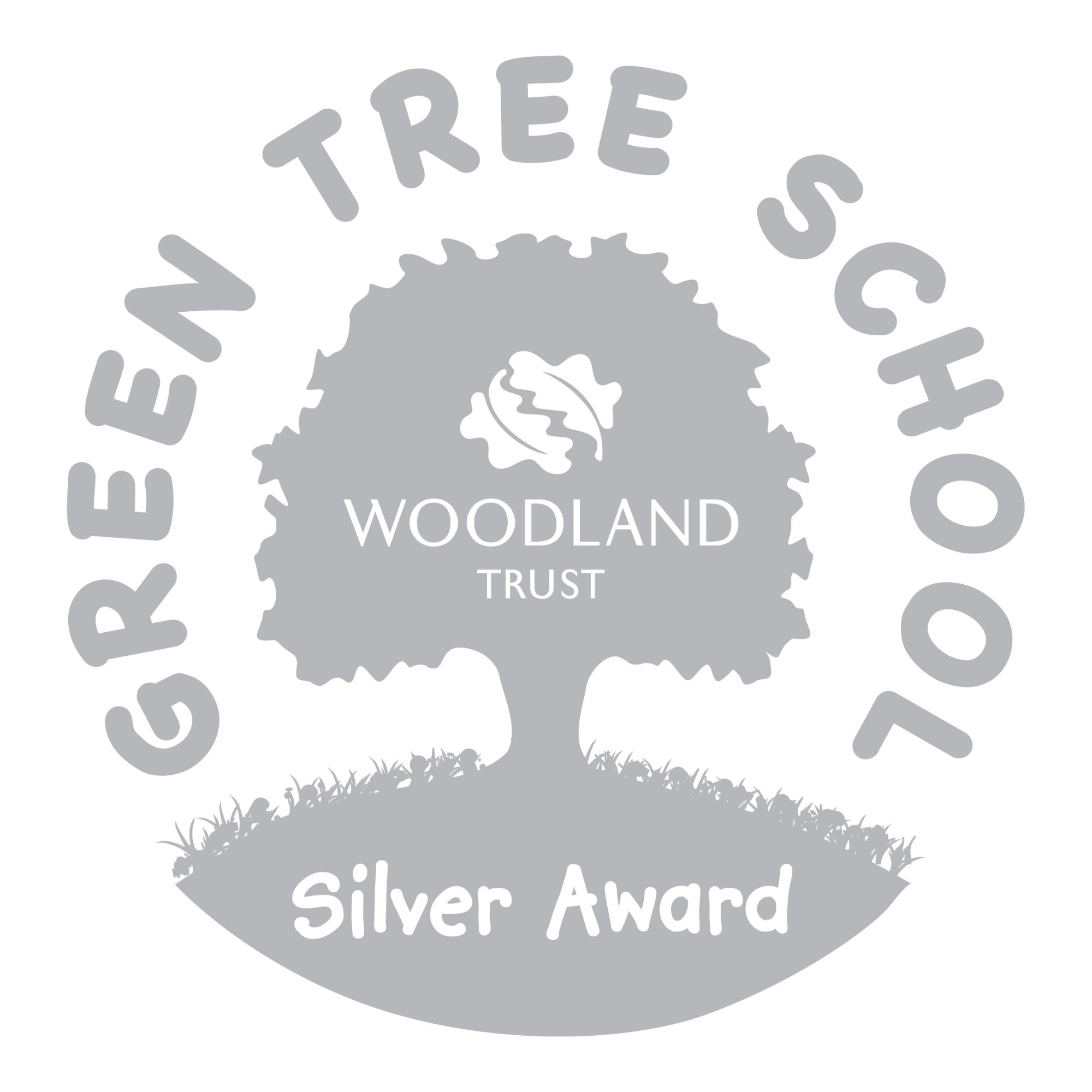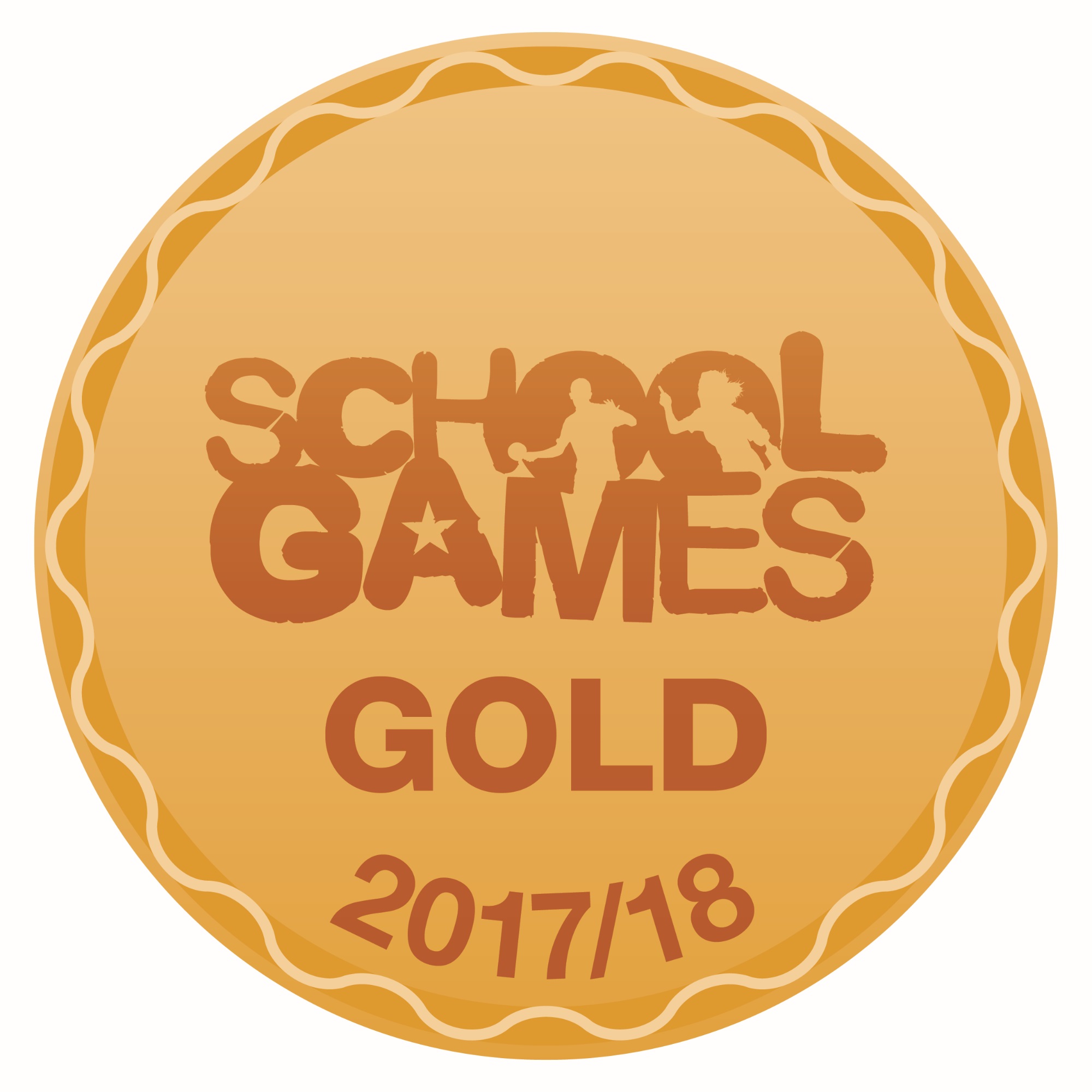6 MAgnolia
Welcome to the Year 6 page!
Here, you'll find everything you need to stay connected with our Year 6 journey. We'll keep this page updated with important announcements, homework assignments, curriculum highlights, trip information, and snapshots of what we're learning in class.
Check back regularly to see what’s new, and feel free to reach out if you have any questions. We’re excited for a fantastic year ahead!
Dates for your diary:
Monday 16th September 2024 - Science Museum (Light)
Monday 11th November 2024 - RAF Museum (WWII)
Wednesday 13th November 2024 - Financial Literacy Visit (PSHE)
Thursday 14th November 2024 - Remembrance Assembly - Parents to attend at 9:00am
Tuesday 28th January 2025 - Pig Heart Boy Performance - Unicorn Theatre.
Friday 7th March 2025 - 9 am Parents SATs Preparation Meeting
Thursday 3rd April 2025 - Henry the VIII's wives workshop at Tower Bridge
Monday 31st - Thursday 3rd April - Mock SATS week
Monday 12th - 15th May 2025 - SATS week
Monday 19th - 21st May 2025 - Residential Trips
Thursday 20th June 2025 - Citizenship Trip
Tuesday 24th June 2025 - Whitefield Drama Workshop.
8th, 9th & 10th July 2025 - Hyde Park workshops.Welcome to the final term of Year 6! This summer, we’ll be exploring some exciting topics across all our subjects, helping pupils build on their learning and prepare for the transition to secondary school. Here’s what we’re covering this term:
Year 6 Curriculum Overview – Summer 2
Year Page: A Journey Through Knowledge
Welcome to an exciting year of discovery, creativity, and big ideas! This year, our pupils will dive into a rich and varied curriculum, exploring the past, shaping the future, and understanding the world and themselves in deeper ways.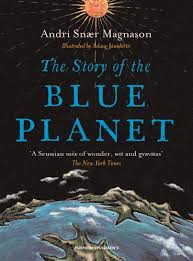
English: The Story of the Blue Planet
In English, pupils will read “The Story of the Blue Planet” by Andri Snær Magnason—a powerful eco-fable about childhood, freedom, and the environment. They’ll explore themes of responsibility, greed, and imagination through reading, writing and drama. This modern classic will inspire critical thinking and rich creative writing.
History: The Story of Medicine
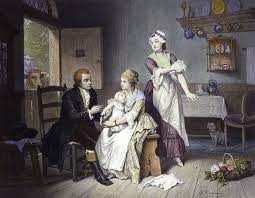 From medieval remedies to cutting-edge treatments, pupils will explore the fascinating journey of medicine through time. We'll study how people once relied on herbal cures, how the Black Death changed societies, and how scientists made breakthroughs like the discovery of blood circulation. Key figures such as Edward Jenner, Florence Nightingale, and Alexander Fleming will be brought to life as we examine their lasting contributions. Pupils will explore the changes—and continuities—in medical practice and consider how these developments have improved healthcare and life expectancy.
From medieval remedies to cutting-edge treatments, pupils will explore the fascinating journey of medicine through time. We'll study how people once relied on herbal cures, how the Black Death changed societies, and how scientists made breakthroughs like the discovery of blood circulation. Key figures such as Edward Jenner, Florence Nightingale, and Alexander Fleming will be brought to life as we examine their lasting contributions. Pupils will explore the changes—and continuities—in medical practice and consider how these developments have improved healthcare and life expectancy.
Science & Geography: Environmental Science – Sustainable Energy
In our Environmental Science unit, pupils will investigate the power of nature through sustainable energy. They'll discover how wind, solar, and hydroelectric power provide cleaner, greener alternatives to fossil fuels. Through experiments and discussions, pupils will consider how renewable energy can protect our planet and secure a sustainable future.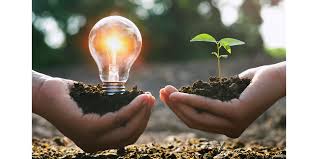
RE: World Religions and Beliefs
Pupils will reflect on big questions through our unit: The Journey of Life and Death. We’ll explore beliefs from Christianity, Buddhism, Hinduism, and other world views to understand how different faiths explain life’s meaning and mysteries. Through stories, discussions and reflections, pupils will develop respect, empathy and curiosity about others.
PSHE: Money and Me
Understanding money is a key life skill. In our Economic Wellbeing unit, children will explore aspirations, the world of work, and careers. They’ll begin to understand how money is earned, saved, and managed, and start thinking about their own futures with confidence and ambition.
Computing: Sensing Movement
Children will design and code their own interactive digital projects using physical inputs. From motion sensors to buttons, they’ll learn how computers can respond to the world around them, building real-world coding skills through fun, creative projects.
It's going to be a year full of curiosity, creativity, and connection. We can’t wait to see where these learning journeys will take us!
Welcome to the final term of Year 6! This summer, we’ll be exploring some exciting topics across all our subjects, helping pupils build on their learning and prepare for the transition to secondary school. Here’s what we’re covering this term
✍️ English: Stories that Matter
In English, we’ll be writing with purpose and empathy:
-
Diary Writing: Pupils will write diary entries from a character’s point of view, learning to show thoughts and feelings through their writing.
-
Storytelling with a Message: Inspired by Brown Girl Dreaming by Jacqueline Woodson, children will write a story about segregation, considering themes of identity, equality, and resilience.
These powerful pieces will help pupils reflect on the past, develop empathy, and find their voice as writers.
➗ Maths: Real-World Projects & NRICH Challenges
This term, maths will take a creative turn as we focus on project-based learning and NRICH investigations. These tasks will challenge pupils to apply their knowledge in real-world situations, encourage problem-solving, and promote deep thinking across a range of mathematical concepts.
🌍 Geography: Economic Activity and Global Trade
This term, pupils will explore how the world’s economy works. They’ll learn about different types of jobs (like farming, manufacturing, and services) and how natural resources such as food, water, minerals, and energy are distributed around the world. We’ll look at how countries trade with one another, study trade maps, and think about fairness, sustainability, and the ethical choices involved in global trade. It’s a fantastic opportunity for children to understand how interconnected the world really is.
💡 Science: Electricity
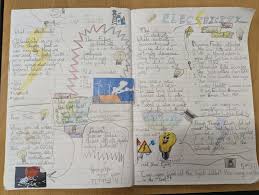 Building on their knowledge from Year 4, pupils will design and investigate more complex electrical circuits. They’ll work with switches, buzzers, bulbs, and motors, discovering how changes in voltage affect the circuit. They’ll also learn the correct symbols used to draw circuits. This hands-on learning will support their problem-solving and design skills in a fun and practical way.
Building on their knowledge from Year 4, pupils will design and investigate more complex electrical circuits. They’ll work with switches, buzzers, bulbs, and motors, discovering how changes in voltage affect the circuit. They’ll also learn the correct symbols used to draw circuits. This hands-on learning will support their problem-solving and design skills in a fun and practical way.
🎨 Art: Trail Blazers, Barrier Breakers
In art, we’ll be celebrating the work of influential Black artists. Pupils will analyse their styles and messages, then create their own artwork inspired by these trailblazing creatives. This project encourages creativity, cultural understanding, and confidence in self-expression.
✝️✡️☪️ RE: Religion and the Individual
Children will explore the role of religion in individuals' lives by looking at beliefs and practices in Christianity, Judaism, Islam, and other world views. We’ll also learn about the festival of Eid al-Adha, encouraging respectful discussions and appreciation of diverse beliefs and traditions.
💬 PSHE & RSE (Relationships and Health Education)
We’ll be covering important and age-appropriate topics including: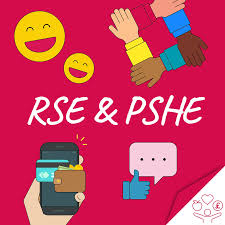
-
Puberty and Relationships: Understanding physical and emotional changes, being safe online and offline, mental wellbeing, and respectful relationships.
-
Sex Education: This will be handled sensitively and in line with government guidance.
-
Families and Friendships: Exploring different types of families and the importance of caring and respectful relationships.
All sessions will be delivered in a safe, supportive environment, and we encourage children to ask questions and develop confidence as they grow.
💻 Computing: 3D Modelling
Pupils will use design software to create and develop 3D models of real-life objects. This introduces them to digital design, helping them plan, build, and evaluate their models while developing computing and spatial reasoning skills.
Year 6 Curriculum Overview – Spring 2
Welcome to the Spring term in Year 6! Here’s an exciting glimpse into what our pupils will be exploring across different subjects this term:
English: Shackleton’s Journey – Expedition Simulation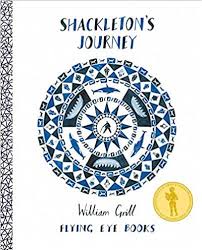
To bring Shackleton’s Journey to life, children will take part in an immersive expedition simulation. The classroom will be transformed into a base camp with tents, sleeping bags, and a map of Antarctica. Pupils will receive “boarding passes” for the ship Endurance and work in teams to tackle survival challenges.
Writing Focus:
- Setting Description – Writing a vivid description of the Antarctic base camp to entertain their peers.
- Motivational Speech – Encouraging fellow explorers who are feeling tired and discouraged, using persuasive language.
The Tudors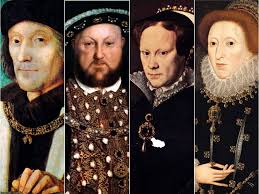
This term, children will explore the Tudor period, a time of significant political, social, and cultural change. They will learn about influential monarchs such as Henry VIII and Elizabeth I, examining their impact on England, including the English Reformation and the establishment of the Church of England. By analyzing historical sources, comparing Tudor life with the present, and discussin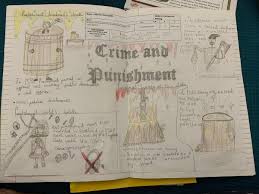 g governance and societal changes, pupils will gain a deeper understanding of how this period shaped modern Britain.
g governance and societal changes, pupils will gain a deeper understanding of how this period shaped modern Britain.
Science: Evolution and Inheritance
In science, pupils will study how living things change over time through adaptation and evolution. They will explore how fossils provide evidence of past life and learn that while offspring inherit traits from their parents, they are not identical. By examining examples such as the long necks of giraffes or the thick fur of arctic foxes, children will develop an understanding of how adaptations help species survive and evolve over generations.
Design & Technology: Food for Life
Children will learn about the differences between processed and whole foods and how to make healthier food choices. They will develop their cooking skills by making bread and pasta sauces while also planning and preparing a balanced daily menu. This hands-on project will help them understand the benefits of nutritious eating and how food impacts overall well-being.
Religious Education: Christianity, Sikhism, Buddhism, and Other Worldviews
Pupils will explore key religious beliefs and worldviews, gaining a deeper understanding of different faiths. They will learn about significant festivals such as Vaisakhi (Sikhism) and Vesak (Buddhism) and discuss important questions about beliefs, values, and traditions.
Personal, Social & Health Education (PSHE)
- Family Dynamics – Understanding different family structures and the importance of care and support.
- Democracy & Decisions – Learning about responsibility, decision-making, and being an active citizen.
- Media Literacy & Digital Resilience – Exploring internet safety, responsible online behavior, and the risks of digital technology.
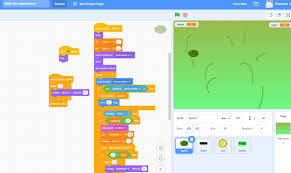 Computing: Variables in Games
Computing: Variables in Games
In computing, children will explore the role of variables in game design. They will experiment with how variables affect gameplay, refine their coding skills, and enhance their problem-solving abilities through debugging and iteration.
Reading for Pleasure & SATs Preparation
Children will continue developing their reading comprehension skills while preparing for SATs. They will practice answering questions with accuracy, speed, and depth while also exploring a variety of genres to foster a love for reading.
This term promises to be an engaging and enriching experience, filled with exciting learning opportunities and hands-on activities.
Year 6 Curriculum Overview – Spring 1
Welcome to the Spring term in Year 6! Here’s an exciting glimpse into what our pupils will be exploring across different subjects this term:
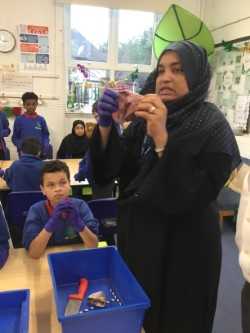
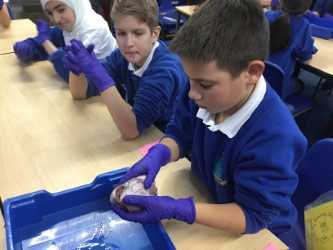
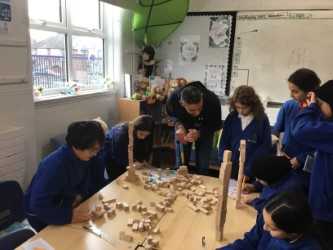
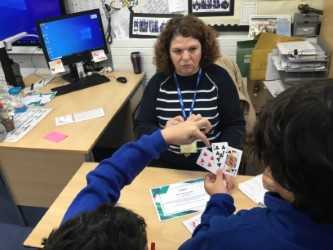
Year 6 - English: Pig-Heart Boy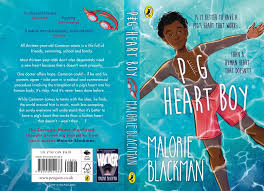
In English, we will be reading the book Pig-Heart Boy by Malorie Blackman. In this story, we will learn about Cameron, a boy who receives a pig’s heart to save his life. The book will help us explore big questions like whether it is right to use animal organs for humans, and how people might feel when they are faced with difficult choices.
We will also focus on some important scenes in the book, like when Cameron struggles with the idea of having an animal’s heart inside him. We’ll think about his emotions, the choices he has to make, and what this means for his life.
As part of our work, we will discuss ethical issues like using animal organs for transplants and write arguments to explore different viewpoints. We will practice expressing our opinions and learning how to make strong arguments based on what we read.
Geography: Investigating Our World:
In this geography unit, pupils will learn about different climate zones, biomes, and vegetation belts. They’ll explore how things like latitude and longitude affect the Earth’s environments, including the role of the Equator, Tropics of Cancer and Capricorn, and the Prime Meridian. Pupils will discover how these features influence climate patterns and ecosystems around the world.
They’ll also study how time zones work and how the Earth’s rotation affects our daily lives. By using maps and globes, they will develop skills to understand temperature changes across the globe and how humans interact with the environment. This unit will help pupils see how everything on Earth is connected.
Science: Living Things and Their Habitats
In this unit, pupils will explore classification systems and learn to categorise living organisms. They’ll discover how microorganisms, plants, and animals can be grouped into broader categories, focusing on vertebrates (e.g., fish, mammals) and invertebrates (e.g., insects, worms). By examining observable traits, pupils will understand the importance of classification and apply criteria to sort various living things accurately. This topic will deepen their understanding of the diversity of life and the ways we organise and study the natural world.
Art: Distortion and Abstraction
This project encourages creativity through the exploration of abstraction and distortion. Pupils will investigate how distortion can change the way we perceive images and create their own abstract artworks inspired by music. Through experimentation, they’ll learn to express emotion and creativity in new and exciting ways, developing their skills and expanding their artistic vision.
Religious Education (RE): Worship
In this unit, pupils will explore the diverse ways people worship across different faiths, including Christianity, Islam, Sikhism, and other world views. They will gain a deeper understanding of the practices and rituals that help individuals express their spirituality and connect with their beliefs. This exploration will provide pupils with insights into the importance of worship in various cultures and faith traditions.
PSHE: Moving On
This term, our PSHE lessons will focus on key aspects of mental wellbeing and online safety:
- Mental Wellbeing: Pupils will learn how to understand, manage, and improve their mental health.
- Mental Health and Online Safety: We’ll explore the impact of the internet on mental wellbeing, including raising awareness about online safety, potential harms, and how to protect themselves in the digital world.
Through these lessons, pupils will gain valuable tools for navigating life’s challenges while supporting their mental health and staying safe online.
We look forward to an enriching term of learning and discovery!
Maths
In Year 6, students are introduced to ratios and algebra as part of their math curriculum. They learn how to understand and use ratios to compare quantities, solve problems involving proportions, and simplify ratios. In algebra, they begin working with simple equations, using symbols (like letters) to represent unknowns, and learn how to solve basic algebraic problems. These topics help develop problem-solving skills and prepare them for more advanced mathematical concepts in secondary school.
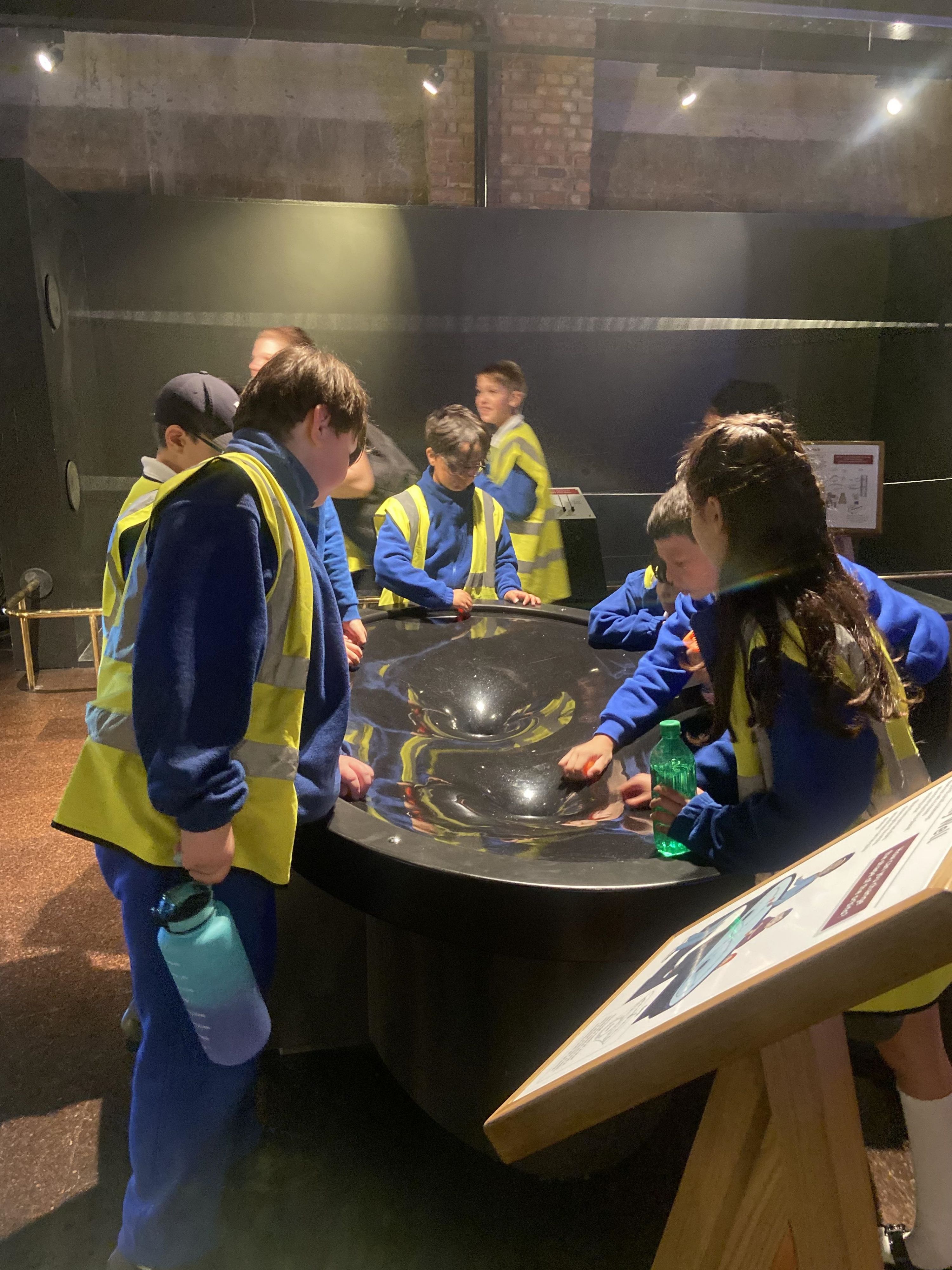
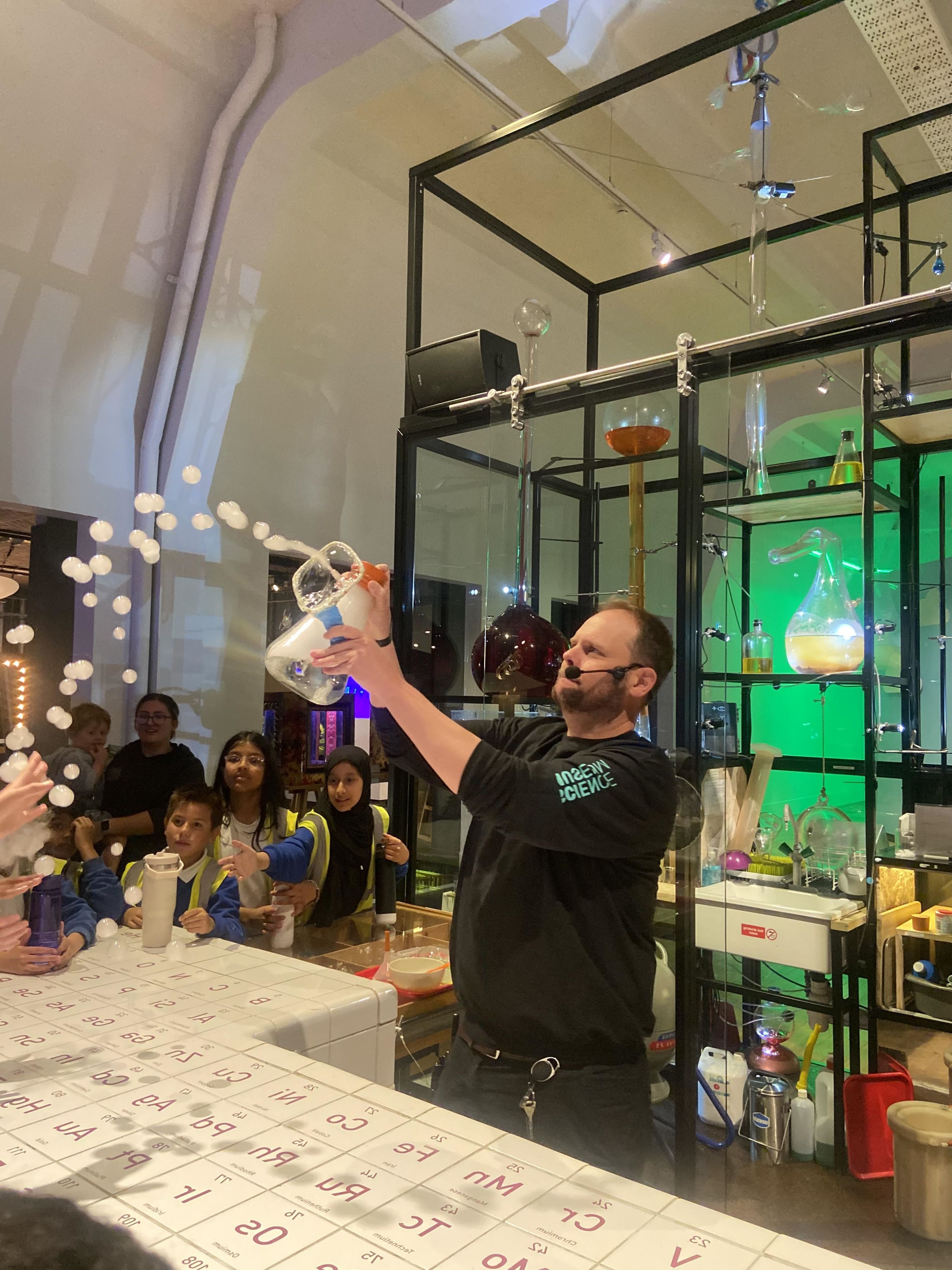
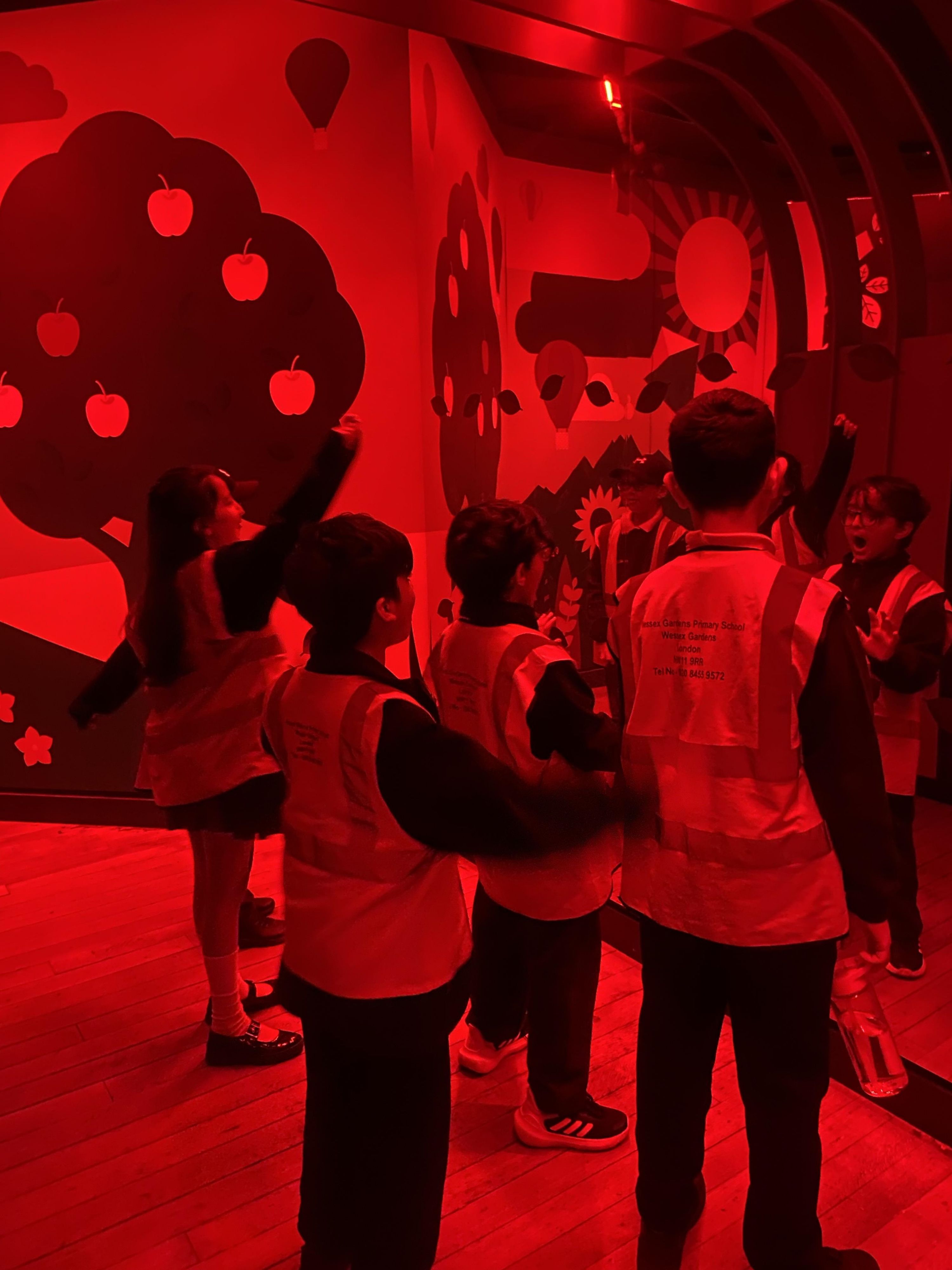
Autumn 2
In Year 6, our Autumn 2 term will be packed with exciting subjects and activities! Here’s what we’ll be focusing on across different topics:
History: World War II
We’re going to explore the history of World War II, learning about the causes, the major events, and especially how the war affected everyday people. This includes learning about life on the “home front,” the experience of children who were evacuated, and how people adapted to rationing and air raids. We’ll also discuss the courage people showed during challenging times, especially in Britain. One of the most exciting parts of this term will be our trip to the RAF Museum, where we’ll take part in a wartime classroom workshop. This will let us experience what school was like during WWII, right down to practicing blackout drills and air-raid procedures, and help us imagine how children our age would have felt back then.
English: Exploring Goodnight Mr. Tom
This term’s book, Goodnight Mr. Tom by Michelle Magorian, is set during WWII and follows a young boy named Willie Beech who is evacuated from London to the countryside. This novel will help us understand what life was like for children who had to leave their families behind.
Our English work will focus on two major projects:
- Newspaper Report: We’ll be writing our own newspaper reports as though we’re journalists during WWII! We might cover events like an air raid or an evacuation, and we’ll learn how to write headlines, organise our work into clear paragraphs, and add quotes for extra detail.
- Narrative Writing: Inspired by Goodnight Mr. Tom, we’ll each write a short story, focusing on building strong characters and settings. Our stories will explore themes like friendship, bravery, and overcoming challenges, helping us understand what children like Willie experienced during the war.
Science: The Heart and Circulatory System
In Science, we’ll be learning about our heart and how it works with the circulatory system to keep our bodies moving and healthy. We’ll study how blood flows through different parts of the heart, and how arteries, veins, and capillaries work together to deliver oxygen and nutrients throughout the body. We’ll also look at ways to keep our heart healthy, including how exercise, diet, and overall lifestyle make a difference. Through experiments, like testing our pulse rates, we’ll get hands-on with our learning to understand how the heart works under different conditions.
Maths: Fractions and Measurements
Our Maths lessons will be focused on two big topics: fractions and measurements.
- Fractions: We’ll work on simplifying, adding, subtracting, multiplying, and dividing fractions. We’ll also learn to switch between mixed numbers and improper fractions and solve real-world problems using these skills.
- Measurements: We’ll focus on converting between different units of measurement, like length, weight, and volume, and explore how to calculate area, perimeter, and volume.
Trip to the RAF Museum
Our trip to the RAF Museum will be a highlight of the term! During the wartime classroom workshop, we’ll go back in time and experience school life as it would have been during WWII. This means practicing air-raid drills, using ration books, and learning what blackout restrictions were like. The experience will bring history to life and help us relate what we’ve learned in class to the lives of children who lived through the war.
This term is set to be full of discovery and connections across history, English, science, and maths. We’ll be building critical skills like writing, problem-solving, and scientific thinking, while immersing ourselves in the experience of WWII from different perspectives.
Year 6 Timetable
